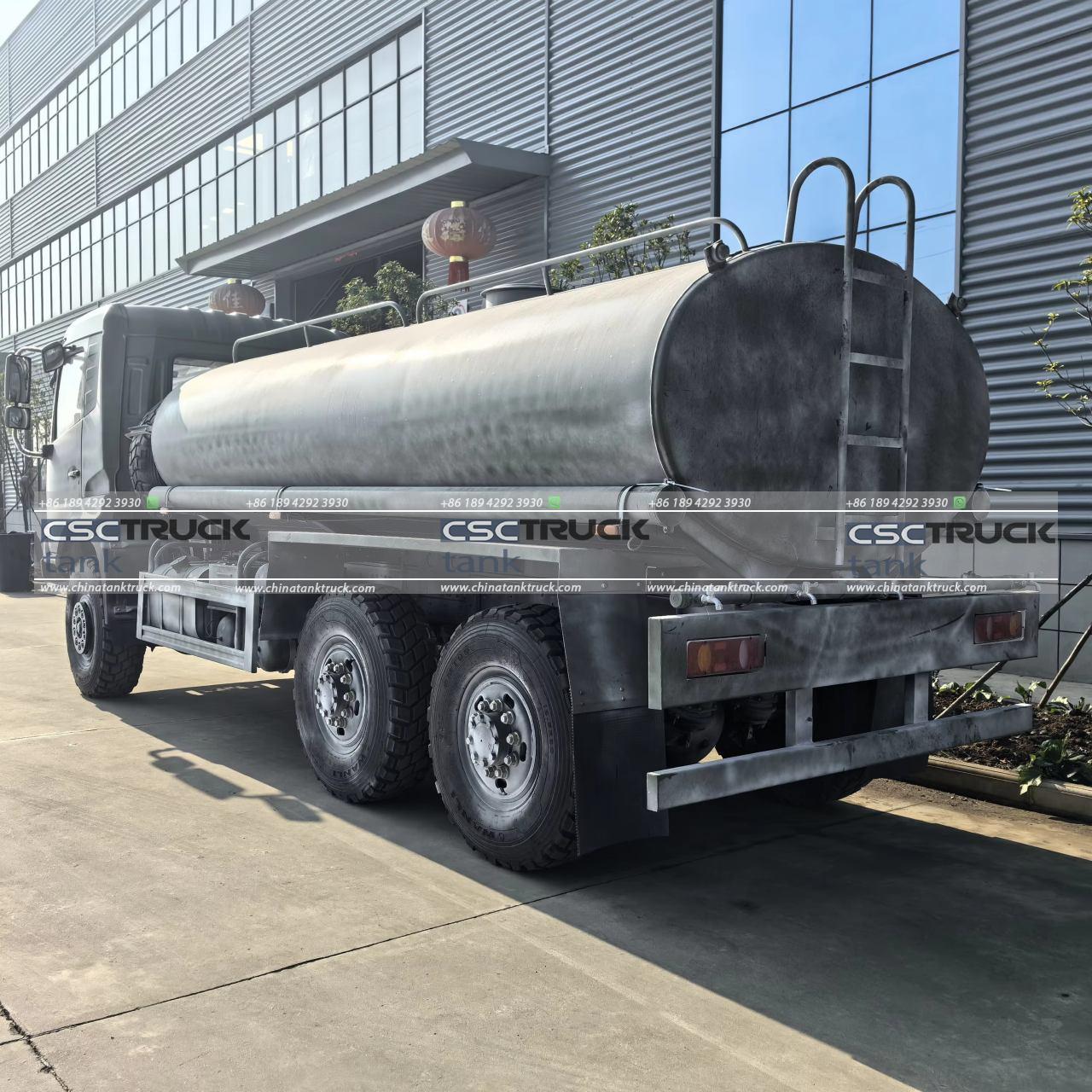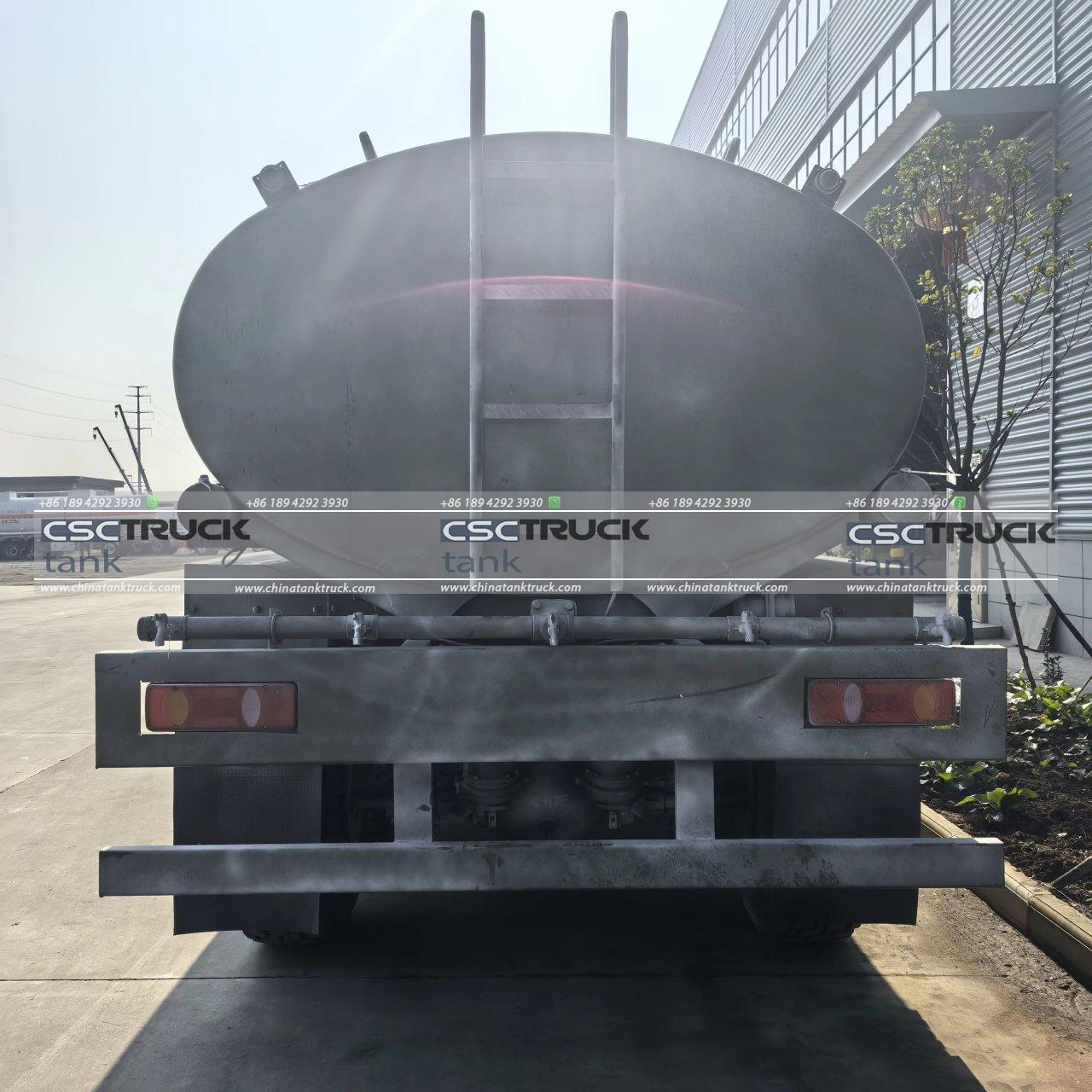What is a Bulk Milk Cooler?
A bulk milk cooler, also known as a bulk milk cooling tank, is an essential piece of equipment used in the dairy industry to store and cool milk before it is transported for processing. These coolers play a pivotal role in maintaining milk quality by rapidly reducing and consistently maintaining milk temperatures, thus preventing bacterial growth and spoilage. This article will delve into what a bulk milk cooler is, how it functions, the different types available, its benefits, and key considerations when selecting one.
The Purpose and Importance of a Bulk Milk Cooler
Milk is a highly perishable product, susceptible to rapid bacterial growth if not correctly stored. Freshly collected milk from cows is warm, around 35-37°C (95-98°F). To ensure quality and prevent spoilage, the milk must be cooled down to a temperature of 4°C (39°F) within a few hours of collection. A bulk milk cooler is designed to achieve this by rapidly reducing the milk’s temperature, ensuring it remains fresh until it reaches the dairy processing plant.

How Does a Bulk Milk Cooler Work?
A bulk milk cooler operates as a large refrigeration unit with stainless steel tanks, which keep the milk at optimal temperatures. Here’s an overview of its primary components and how they work together:
1. Stainless Steel Tank: Made of food-grade stainless steel, the tank provides a hygienic storage space for milk. Stainless steel is also corrosion-resistant, ensuring longevity and ease of cleaning.
2. Cooling Mechanism: This is the heart of the cooler, which typically includes an evaporator, compressor, and condenser. When milk is added to the tank, the refrigeration system cools it down to the desired temperature. By quickly lowering the milk’s temperature to 4°C (39°F) or below, bacterial growth is slowed significantly.
3. Agitator: To ensure even cooling and prevent fat separation, bulk milk coolers are fitted with an agitator. This continuously stirs the milk at a slow speed, promoting uniform temperature distribution throughout the tank.
4. Temperature Control System: Most modern coolers have an integrated temperature control system, allowing farmers or dairy operators to monitor and adjust the temperature as needed. This feature ensures the milk remains at a consistent temperature, maintaining its quality over time.
5. Drainage System: Bulk milk coolers have a drainage system to facilitate easy removal of milk when it’s ready for transport. This system also assists with regular tank cleaning, a crucial process for maintaining hygiene and preventing contamination.
Types of Bulk Milk Coolers
Bulk milk coolers come in various sizes and types, catering to the different needs of dairy farms and milk collection centers. Here are some common types:
1. Direct Expansion (DX) Coolers: These coolers use direct contact between the evaporator and milk, resulting in rapid cooling. In this system, the refrigerant circulates through tubes that are in direct contact with the tank surface. This allows for quick and efficient cooling and is ideal for small- to medium-sized dairy farms.
2. Ice Bank Coolers: Instead of direct refrigeration, these coolers create an ice bank during off-peak hours. The ice is used to cool the milk, particularly in situations where electricity availability or costs fluctuate. Ice bank coolers are typically used in regions where electricity may not be consistently available or as a way to lower energy expenses.
3. Glycol Coolers: Glycol coolers use a non-toxic glycol solution instead of direct refrigerant contact. The glycol, chilled in a secondary loop, transfers cold to the milk through an intermediary heat exchanger, allowing for slower but more energy-efficient cooling. This system works well for larger farms and processing centers that require substantial storage.
4. Horizontal vs. Vertical Tanks: In terms of orientation, bulk milk coolers can be horizontal or vertical. Horizontal tanks are often easier to clean and inspect and are commonly used in dairy farms. Vertical tanks, on the other hand, are space-saving and more suitable for locations with limited floor space.

Benefits of Using a Bulk Milk Cooler
1. Enhanced Milk Quality: By rapidly cooling milk, bulk milk coolers prevent bacterial growth, thereby preserving milk quality and flavor. This ensures that the milk remains fresh from the time it is collected until it is processed.
2. Improved Farm Efficiency: Milk coolers streamline the process of milk storage and transportation. By automating milk cooling and maintaining consistent temperatures, bulk milk coolers save farmers time and reduce manual intervention.
3. Energy Efficiency: Many modern bulk milk coolers come equipped with energy-efficient components that lower operational costs. Features like insulation, temperature controls, and energy-efficient compressors all contribute to reduced power consumption.
4. Reduced Spoilage and Wastage: With a reliable milk cooler, dairy farmers can minimize milk spoilage due to inadequate cooling. This reduction in wastage translates to higher profitability and sustainability for the farm.
5. Compliance with Food Safety Regulations: Bulk milk coolers help farmers and dairy operators comply with stringent food safety regulations. In many regions, regulations require milk to be stored at specific temperatures to ensure public health and a bulk milk cooler can help meet these requirements.
Considerations When Choosing a Bulk Milk Cooler
Selecting the right bulk milk cooler depends on various factors, and making an informed choice can significantly impact dairy operations. Here are key considerations to keep in mind:
1. Capacity Requirements: The size of the milk cooler should align with the daily milk production volume. Farmers need to choose a cooler that can store the maximum amount of milk they produce to avoid multiple storage points, which can increase the risk of contamination.
2. Cooling Speed: For regions with warmer climates, the speed at which the cooler can bring milk to 4°C is critical. Direct expansion coolers tend to have faster cooling capabilities, making them suitable for such conditions.
3. Energy Efficiency: Energy consumption can represent a significant operational cost. Farmers should look for coolers with efficient compressors, good insulation, and smart temperature control systems to minimize electricity usage.
4. Maintenance and Durability: A bulk milk cooler represents a significant investment. Opting for a durable, easy-to-maintain model with a robust warranty and support package can help farmers reduce downtime and ensure longevity.
5. Available Space: Horizontal tanks require more floor space but are generally easier to clean and access, while vertical tanks are more compact and save on floor space. Farmers need to choose the configuration that best fits their farm layout.
6. Regulatory Compliance: In many countries, dairy farms must follow stringent food safety regulations, which include maintaining milk at specific temperatures. Farmers should ensure the cooler meets regulatory standards to avoid compliance issues.

Technological Advancements in Bulk Milk Coolers
Advances in technology have led to the development of more sophisticated bulk milk coolers with enhanced features. Many modern coolers now offer smart technology options, including:
– Remote Monitoring Systems: These systems allow operators to monitor milk temperature and other parameters in real-time, even from remote locations. Alerts and notifications can be set up to notify operators of temperature fluctuations or equipment malfunctions.
– Automated Cleaning Systems: Some bulk milk coolers now come with automated cleaning-in-place (CIP) systems. These systems ensure the tank is thoroughly cleaned after each batch, improving hygiene and saving time.
– Energy Recovery Systems: Certain coolers are designed to capture waste heat generated during the cooling process and reuse it for heating water or other applications, which can lead to further cost savings.
Conclusion
In the dairy industry, a bulk milk cooler is an indispensable asset for maintaining milk quality from farm to processing plant. By rapidly cooling milk, reducing bacterial growth, and preserving freshness, bulk milk coolers help dairy operators meet regulatory standards and maximize efficiency. Selecting the right cooler, tailored to a farm’s specific needs, can contribute significantly to the quality of the final dairy products.


